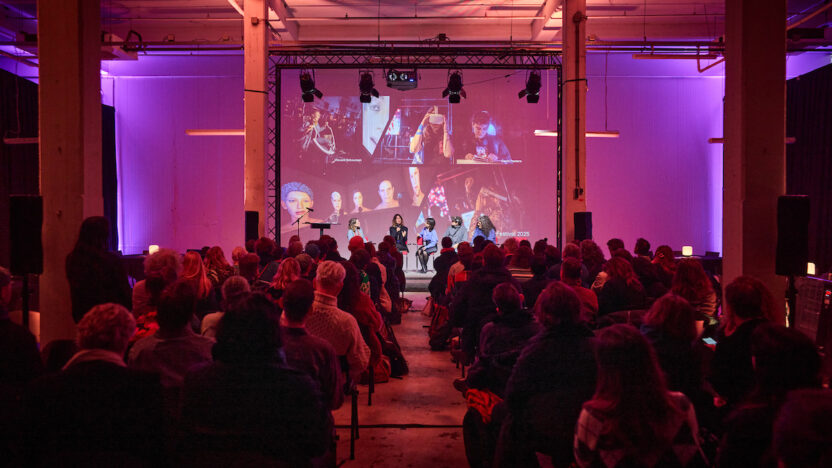Indaba In Focus with Mehret Mandefro: “stories heal people”
In celebration of the fourth edition of IFFR Pro’s talent programme Creative Producer Indaba, a partnership with Realness Institute, EAVE and the Atlas Workshops, IFFR takes on a mission to paint an authentic portrait of the realities, power and diversity of independent African cinema.
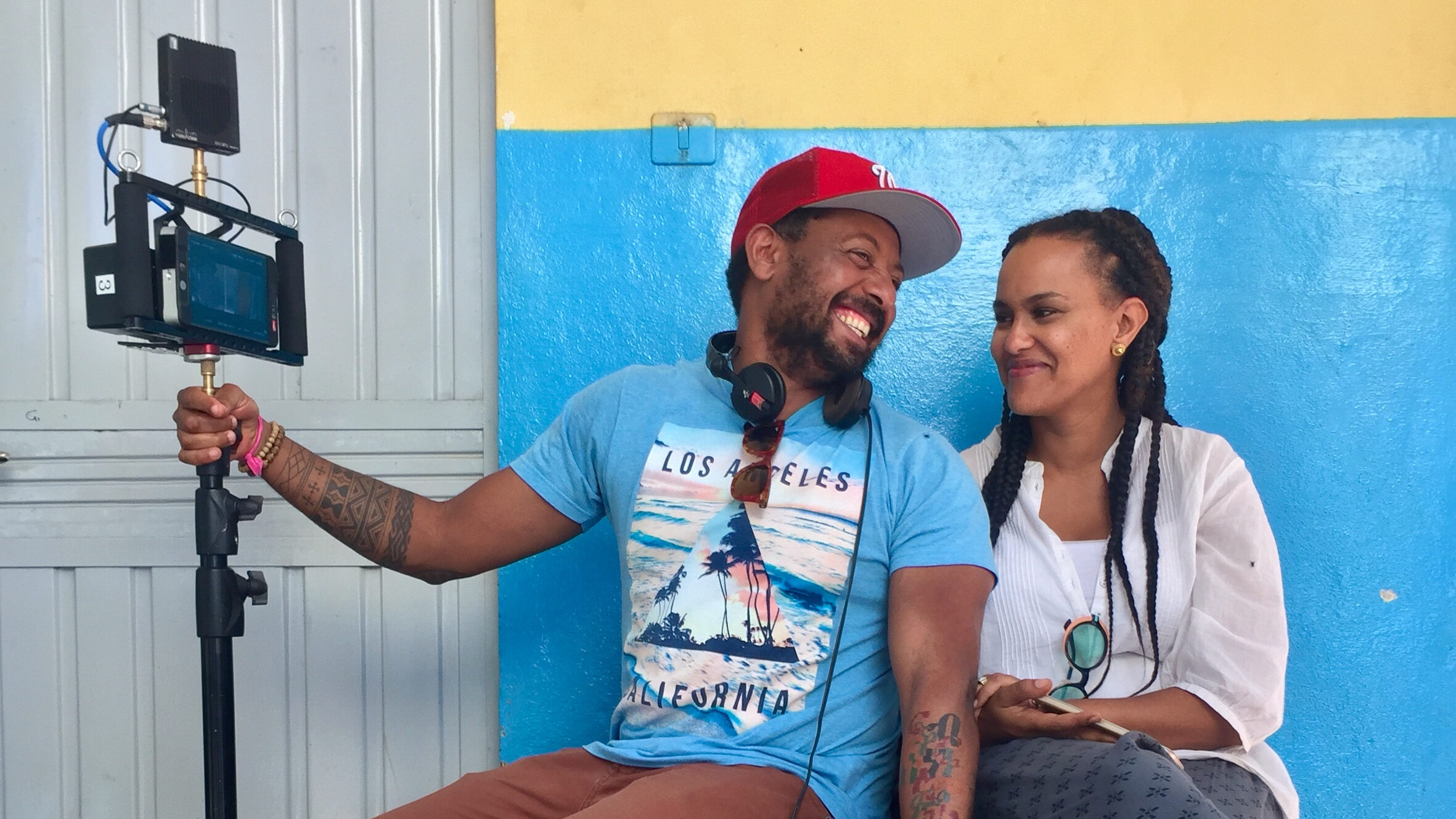
Having discussed the challenges of today’s market for co-productions with French-Malagasy producer Maéva Ranaivojaona and the struggle of keeping cinema alive during times of war with Sudanese producer Mohammed Alomda, it becomes clear how relevant it is to acknowledge African voices and stories. The question of how to practically and sustainability do that remains, however, unanswered.
Ethiopian-American producer, media entrepreneur, anthropologist, physician and group leader of CPI Mehret Mandefro gives pragmatic solutions to the uncertainties of the industry, but always comes back to the simple and universal truth that “stories heal people.”
“Human beings are moved by the things that connect us, and stories connect us”
Mandefro might be better placed than most to arrive at this conclusion, having arrived in the film industry after first working as a doctor and anthropologist. Working in research before stepping into the creative industry, the producer bridged the gap between the scientific and the creative by starting a production company that explored how research can be transformed into compelling stories. She explains how life offers you the opportunity to go off script, and that choosing to meet that moment is what led her to storytelling.
“The producer is the linchpin in any local media market”
The same ‘breaking away from fear’ attitude and the realisation of the healing power of stories alongside her experience of working in the Ethiopian media landscape, are what drove Mehret towards Creative Producer Indaba. “To give young media makers a chance there need to be producers that know what they’re doing. In many ways, the producer is actually the linchpin in any local media market.”
Place this need of training producers to propel talented stories in the context of the African film industry, where what usually happens is an extraction of intellectual property – “a lot of European producers come and kind of pluck stories” – and the mission of empowering African producers to be able to hold on to their IP arises.
“We felt very strongly that there needed to be an independent nonprofit that was doing this work in Pan-African ways”
Faced with this mission, Mehret Mandefro alongside Elias Ribeiro and Cait Pansegrouw founded Realness Institute, “a nonprofit that really tries to hold space for independent creators that are working across all 54 countries”. The need for such an initiative was felt immediately, with co-productions happening on all levels as a result of CPI: within the Global South, between the South and the North, and within African diasporas worldwide. In a diverse territory where thousands of different languages and cultures coexist, where the markets are so underdeveloped and public financing is lacking, emphasises the producer, “we felt very strongly that there needed to be an independent nonprofit that was doing this work in Pan-African ways, networking African makers with each other and trying to build community around this shared goal of telling unapologetic stories”. This is how Creative Producer Indaba was born.

“I’m trying to model an alternative to the extractive capitalist system. There is another way of doing this”
“Being a working producer in the industry is not for the faint of heart”, says Mandefro. According to her, the only way for African producers to survive and thrive in the industry is through building your business in mindful ways and being incredibly intentional about it, practicing ethical producing against capitalist exploitation – what she coins as being a “mindful media entrepreneur”. “So many people get to our workshops so depleted”, having experienced terrible and exploitative production experiences. “They’re all trying to figure out how to do this in a way that can be functional, that they can live off of and not be harmed by. I’m trying to model an alternative to the extractive capitalist logic. There is another way of doing this that is restorative”.
“We’ve had real growth and real connection in meaningful ways where it’s allowed projects to be financed and proceed – the name of the game”
According to Mehret, what is often overlooked in the industry is the importance of understanding how financing works. “As producers, I think it’s a very undervalued skill.” How can the same creativity that you bring into your story also be brought into financing? is only one of the questions that the Indaba programme answers. She explains how “making the math make sense” for young, emerging producers is difficult and what the programme does is look at the questions that can be scary and overwhelming – company planning, how to structure your company, what are the resources you need, what’s the kind of cash flow: “We demystify a lot of that. It’s empowering for people to understand how to play the game better and how to create new rules for your business.”
“I think that cohort experience of having other African producers together, talking to people who have a shared reality, a shared set of experiences to learn from is what makes our programme particularly unique”
For the group leader, making these stories circulate and being part of the process of empowerment is “a pure joy”. She adds that even though she will keep making her own films, “what gets exciting is seeing the body of work go beyond just you.“ In the Indaba, the producer sees a unique programme: instead of the sort of lab or market where competition overshadows genuine empowerment, Indaba brings like-minded African producers together, “talking to people who have a shared reality” and emboldening you to “negotiate for your rights better.”
Being a producer is much more a matter of positionality in a larger ecosystem than it may seem. In a world “hungry for Black stories”, Mandefro adopts the position of a global producer that, she says, allows her to play into a larger ecosystem and not be confined to only one country’s nationalist rules around how media is funded. “Your job as a producer is to rewrite those rules and figure out more equitable ways for funding and think about issues of who should be telling this story and how it should be told.”
“The talent that makes me most excited is the one pushing [conventional] forms”
When producers deal with a complete lack of public finance and with public finance schemes that filter the kind of stories they tend to pick, the question that arises is “how do we break beyond all these filters?” According to Mandefro, it’s the edgy, inventive films and the “explosive kind of art” existing between genre categories emerging from African cinema that should pierce through. In the face of this filtering against innovative and boundary-pushing films, Mehret proposes creative – or alternative – financing as one of the potential solutions: “it allows you more freedom to say what you want.”
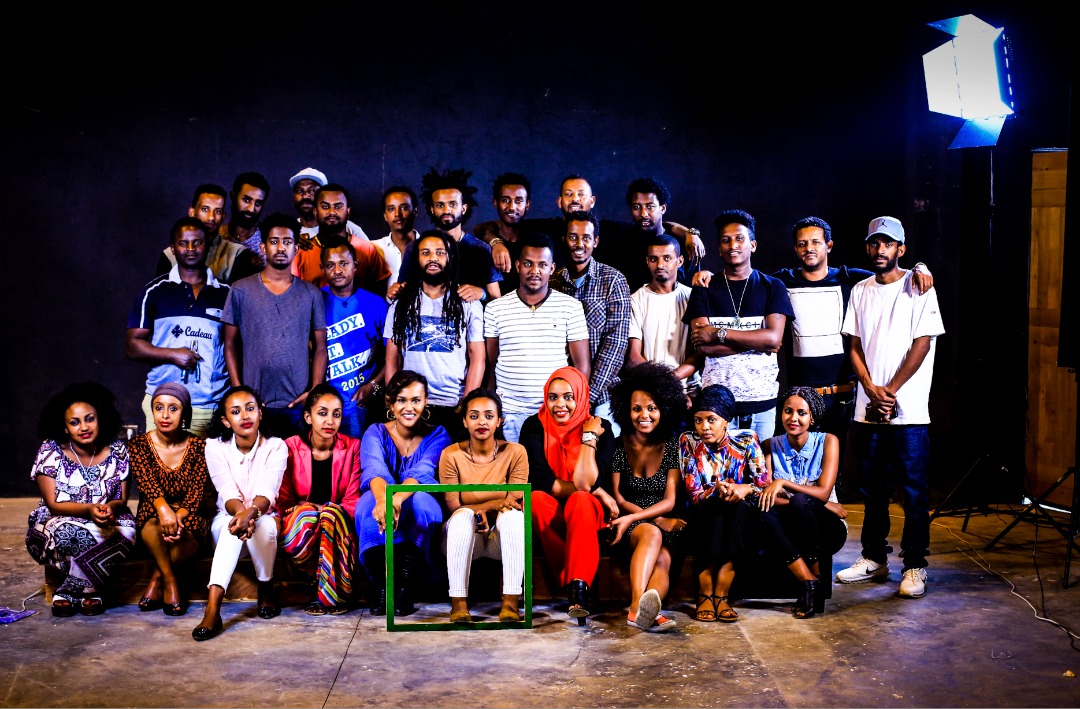
“Ethiopians love to see stories about themselves, and there’s a huge local economy at work”
“It’s a booming industry”, says Mandefro about Ethiopian cinema. One of the shifts currently happening in global media is a recognition that these markets are important and the scale of what success is should be broadened: not just having Ethiopian films premiere in the West – “success is also a wide release in a country where people watch. I’m really interested in both the dynamics of a local market that can survive, be sustainable, allow the filmmakers that live and work there to grow, but then also be connected to bigger networks”.
“Producers are the key to the future of healthy media markets”
Reflecting on the role of producers and how programmes like Indaba shape the way producers work and position themselves in the industry, Mandefro emphasises the importance of learning by doing: “There are very few programmes that teach producers how to be producers. You need access to capital, you need access to connections, you need access to power. Networking African producers so that they can build peers that allow them to greenlight each other is the win”.
– by Smaranda Mihaila
A list with articles
-
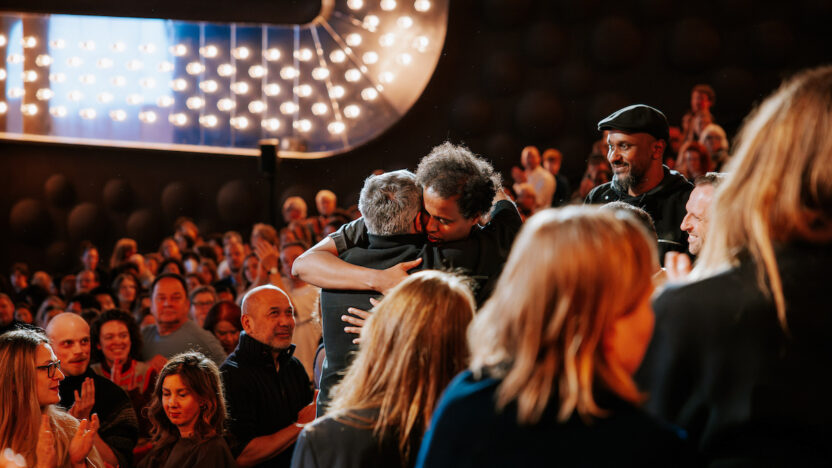
IFFR closes its 55th edition celebrating an uptick in new, younger audiences and industry attendees
Published on:-
News
-
Press release
-
-
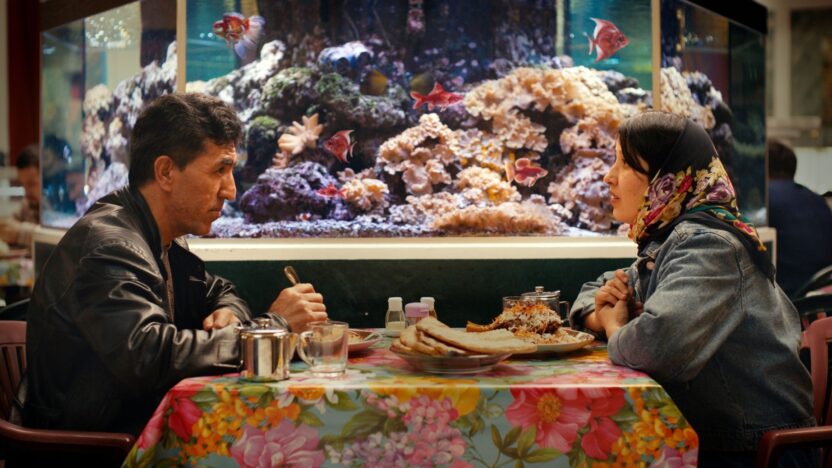
Shahrbanoo Sadat’s No Good Men opens Berlinale 2026 among strong HBF and CineMart lineup
Published on:-
CineMart
-
Hubert Bals Fund
-
IFFR Pro
-
-

